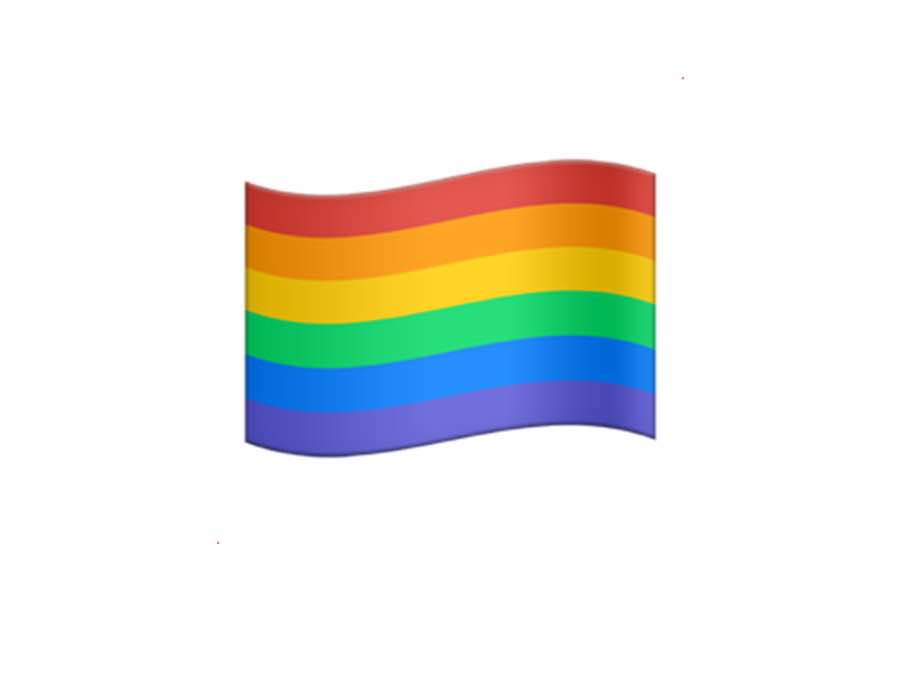By Marley Brady, Staff Writer
As author P. C. Cast once said, “Gender preference does not define you. Your spirit defines you.” Unfortunately, many people don’t believe this; many believe that sexuality actually does define you— that being “straight” is the end-all, be-all. Because of the persistent homophobic rhetoric and the negative stance on homosexuality that our society has, many lesbian, gay, bisexual and transgender (LGBT) people, particularly youth, are forced to hide their true identities.
Homophobia aside, another overlooked issue is that “straight allies” (great as they are) simply cannot understand what being LGBT in a predominantly straight society is like. Because the world accepts them as they are, they feel that that the world must accept the LGBT community. In reality, the world doesn’t work like that. Nothing is guaranteed, especially safety when one “comes out.” LGBT people don’t “come out” once and be done with it; LGBT people “come out” constantly. So let’s make one thing clear: my name is Marley Brady, I am gay and I need you to stop telling me to “just come out already.”
Over the course of the last decade, the concept of “coming out” has become increasingly trivialized. This is in part due to the improvements that our society has made in accepting the LGBT community. While the progression society has made greatly impacts the general psyche of the LGBT community, there are also negative side effects — one of which being that because the world has become more accepting over all, there are many non-LGBT individuals who believe that coming out is a breeze. People no longer see “coming out” as a grand, life changing event; they see it as having no more significance than telling someone what you ate for lunch.
There is also the common misconception that I mentioned earlier, which is that LGBT folks that choose to come out only do it once. This, unfortunately, couldn’t be farther from the truth— I wish it were that easy: one and done. The truth of the matter is that once one comes out to a small group of close friends and family, that has to branch out to people they don’t know as well. Not only is there pressure to come out to loved ones, they must then decide when it is appropriate for them to come out to others — should they at all. At some point, coming out becomes a daily chore.
I am lucky. I have a family that loves and accepts me as I am, but I am part of a minority. In the article “The Psychological Impact of LGBT Discrimination,” Michael Friedman states that “as many as 50 percent of LGBT teens experience a negative reaction from their parents when they come out,”; 30 percent experience physical abuse, 26 percent are kicked out of their homes and 40 percent of homeless youth are LGBT. This is particularly frightening, but a likely possibility for many LGBT youth that rely on their parents financially, emotionally or even spiritually. And while I know that I would be safe in my own home, I am not— and will never be— sure that I would be safe anywhere else.
Since being kicked out, disowned or worse simply for being LGBT is more likely for children who are dependent on their parents, a large portion of LGBT youth turn to destructive behavior to cope. According to a report by PFLAG (formerly named Parents, Families and Friends of Lesbians and Gays), a family-oriented group dedicated to the rights of LGBT individuals, LGBT youth are three times more likely to use illegal drugs than their straight peers. In a 2008 study by the Suicide Prevention Resource Center, suicide is the leading cause of death in LGBT youth, and at least 30 percent of youth suicide deaths are those of LGBT individuals.
I have had people— close friends of mine, in fact— that have actually become irritated with me for waiting to come out as long as I did. They would constantly tell me things such as “you need to come out soon,” “you need to stop living a lie” or my personal favorite: “your parents already know, so why don’t you just tell them?” Yes, it’s true that my parents did know long before I told them. But why should I have to tell them something they already know when I’m hardly ready to accept it myself? And better yet, how dare you dictate what information I tell people about myself and when? The truth is that no matter how much you think you know about someone or their family or their situation, unless you are them, you don’t— not completely. Stop making LGBT kids feel guilty for staying closeted— very often, it’s what’s best for them; and they definitely know what’s best for them better than you do.
Coming out is far from easy- in fact, it very well may be the hardest thing I’ve ever done. While you may think you do, you’ll never fully understand just how terrifying it is if you’re not LGBT. And while you may mean well in “encouraging” me to come out, you aren’t taking into consideration just what might happen to me when I do. So to my straight peers I say: stop telling me to “just come out already.” It’s not as easy as you think.

